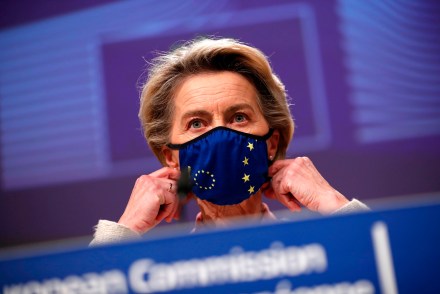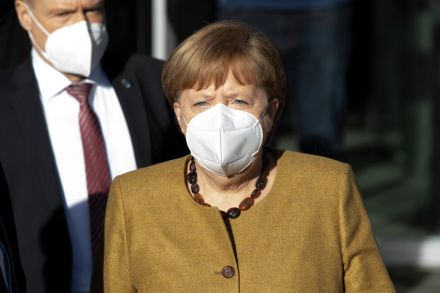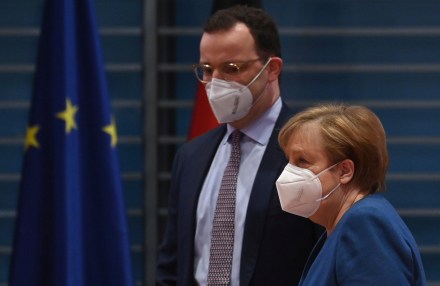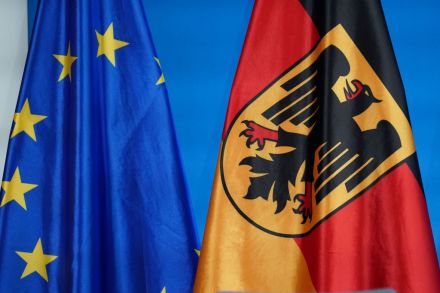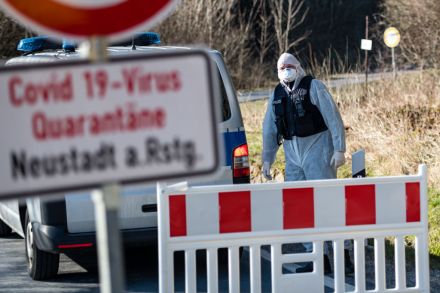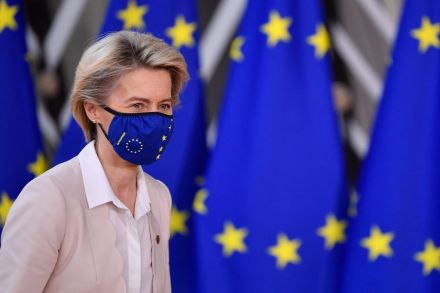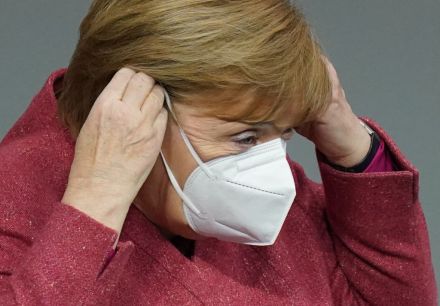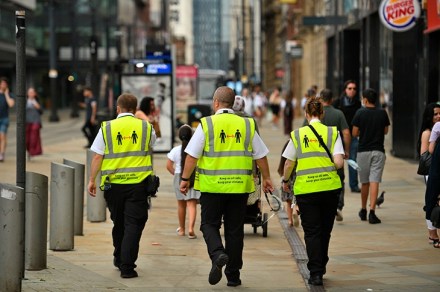Ursula von der Leyen has always left a trail of disaster
The German Army had to join a NATO exercise with broomsticks because they didn’t have any rifles. It’s special forces became a hotbed for right-wing extremism. Working mothers were meant to get federally-funded childcare, to help fix the country’s demographic collapse, but it never arrived, and the birth rate carried on falling. Every child was supposed to get a hot lunch at school every day, but somehow or other it didn’t quite happen. There is a common thread running through the career of Ursula von der Leyen, the President of the European Commission. A series of catastrophic misjudgements, and a failure to deliver. In a brutal examination of her record
